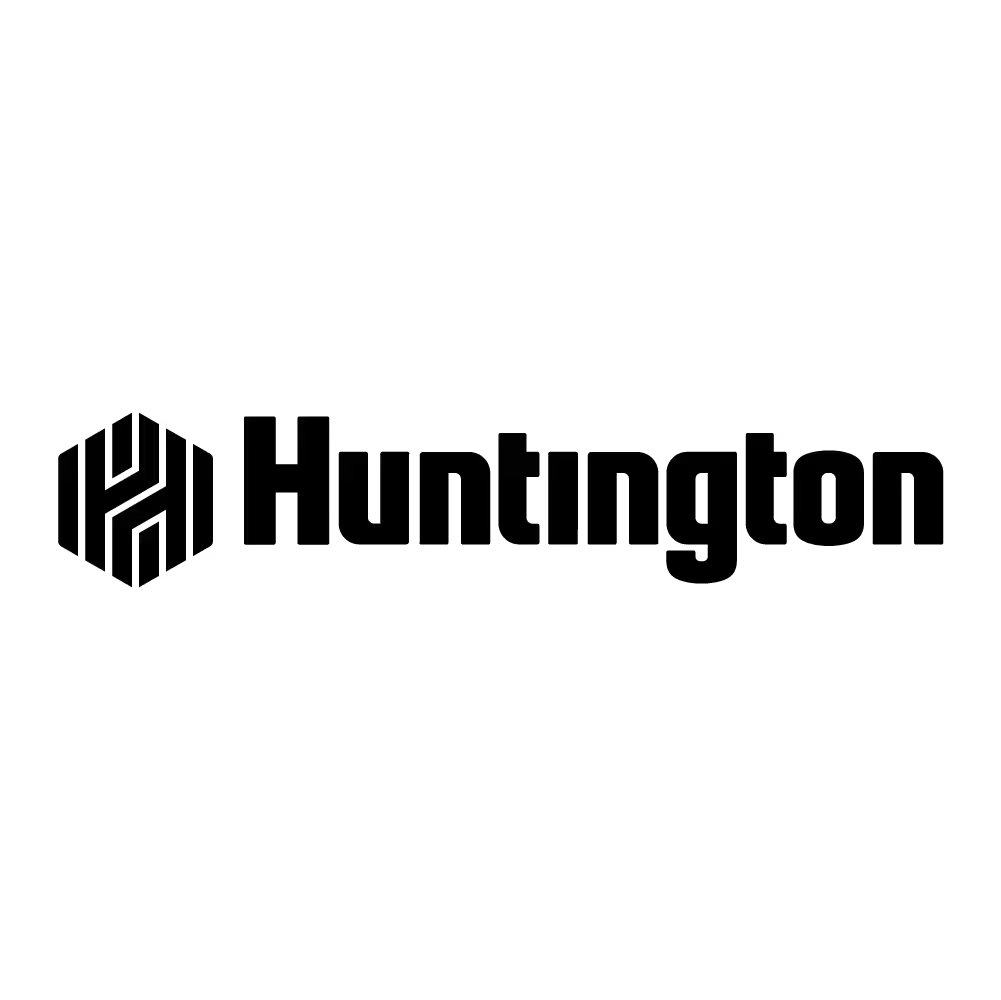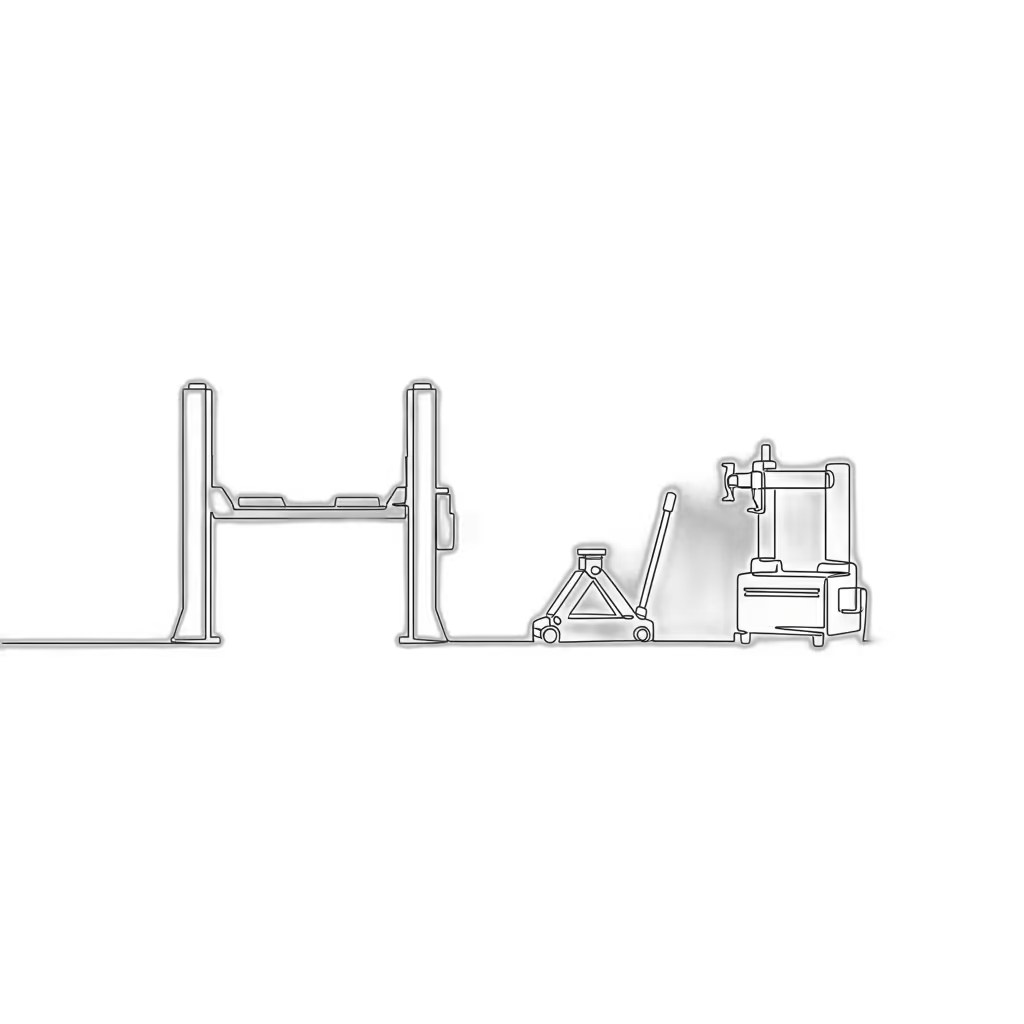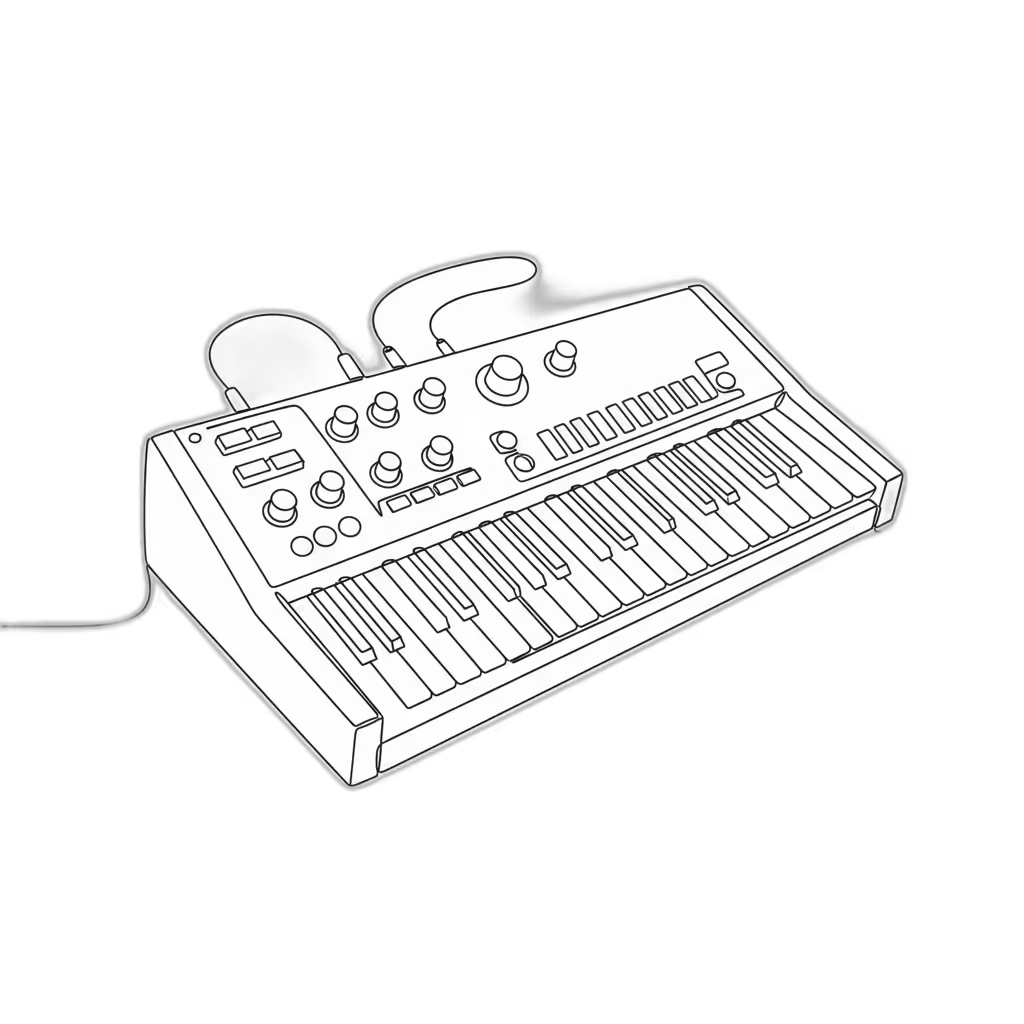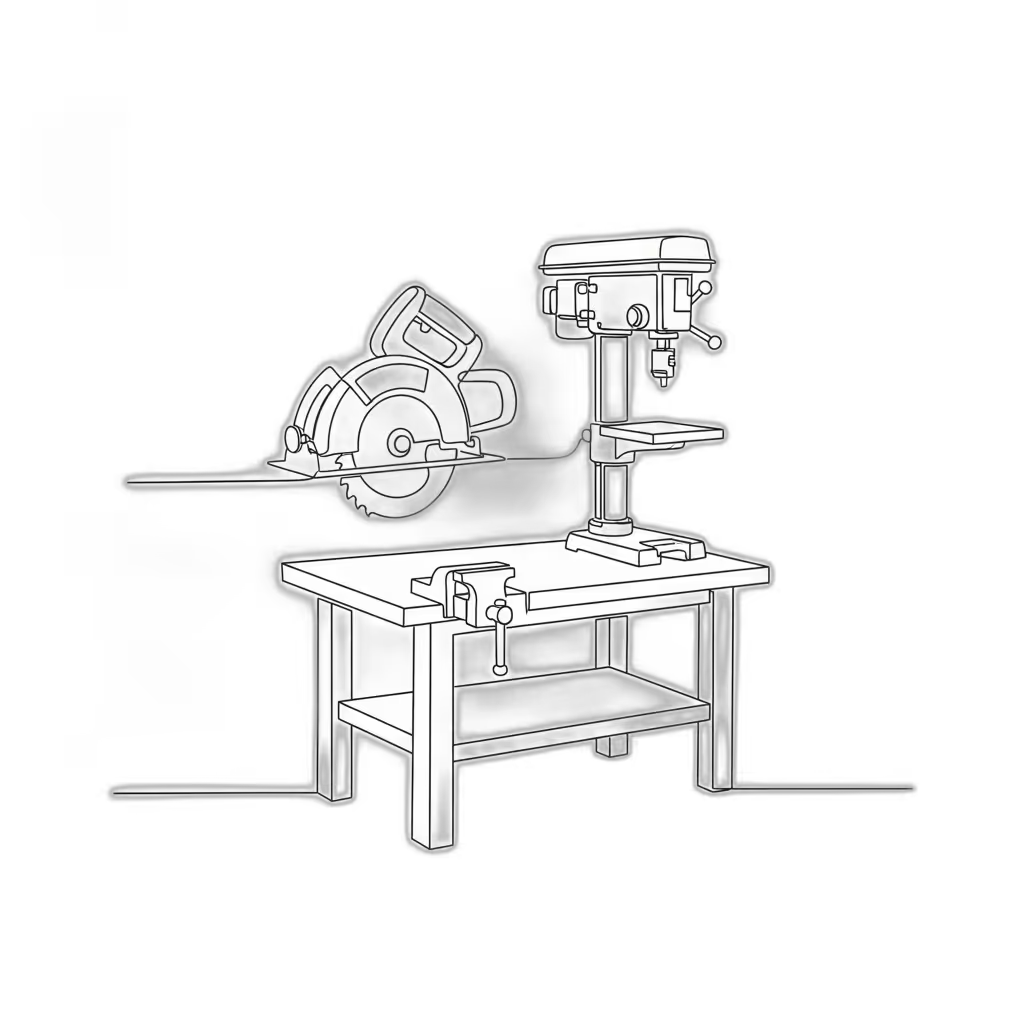






5-Star Valuation Services, Loved by Hundreds
Frequently Asked
Questions
No Frequently Asked Questions Found.
The U.S. Small Business Administration collaborates with approved lenders to provide loan guarantees, which fundamentally transforms the lending landscape for small businesses. This approach allows financial institutions to extend credit to businesses that might not qualify for conventional loans, effectively lowering the risk for lenders while creating opportunities for entrepreneurs.
These loan programs offer remarkable flexibility, accommodating diverse business needs from startup capital to expansion funding. Businesses can access loan amounts ranging from modest sums to substantial investments, with repayment terms typically spanning 7 to 25 years. The competitive interest rates and extended repayment periods provide businesses with more manageable financial obligations compared to traditional lending options.
SBA loans come in multiple formats, each tailored to specific business requirements. The 7(a) Loan Program serves as the most versatile option, supporting working capital, equipment purchases, and real estate investments. Meanwhile, the 504 Loan Program focuses on fixed asset acquisitions, and the Microloan Program provides smaller funding amounts for emerging businesses with limited financial histories.
The fundamental appeal of SBA loans lies in their ability to democratize access to capital. By mitigating lending risks and offering more flexible qualification criteria, these programs empower entrepreneurs who might otherwise struggle to secure traditional financing. This approach not only supports individual businesses but also contributes to broader economic growth and innovation.
Ultimately, SBA loans represent more than just a financial product—they are a strategic tool for businesses navigating complex economic landscapes. Understanding their nuanced structure and potential can help entrepreneurs make informed decisions about their financial futures.
The evaluation process involves a meticulous examination of the property's characteristics, market conditions, and potential value through multiple professional assessment methods. Qualified appraisers utilize sophisticated techniques such as the sales comparison approach, which analyzes recent sales of comparable properties, the cost approach that calculates replacement value, and the income approach for revenue-generating assets.
Regulatory guidelines mandate that these appraisals be conducted by independent, certified professionals who possess deep understanding of local market dynamics. The process goes beyond simple property valuation, providing crucial insights that protect both lender and borrower interests. By establishing an accurate and objective property value, the appraisal helps prevent over-lending and ensures financial prudence.
These comprehensive assessments offer multiple strategic advantages. They provide lenders with confidence in their investment, enable businesses to understand their true asset value, and create a transparent framework for financial decision-making. Moreover, the appraisal serves as a critical compliance tool, ensuring that all parties adhere to established lending standards and regulatory requirements.
The ultimate goal of an SBA loan appraisal is to create a fair, transparent, and risk-mitigated lending environment that supports business growth while maintaining financial integrity.
Professional certified appraisers utilize sophisticated methodologies to analyze machinery value, considering multiple critical factors. These include equipment age, current condition, operational performance, maintenance history, technological relevance, and prevailing market conditions. By incorporating detailed examinations of physical attributes and economic context, appraisers can generate an accurate and defensible valuation.
The appraisal process typically involves three primary valuation approaches: cost, market, and income. The cost approach evaluates replacement expenses while accounting for depreciation. The market approach compares similar equipment transactions to establish fair market value. The income approach estimates potential future economic benefits generated by the machinery.
Key considerations during an equipment appraisal extend beyond simple numerical calculations. Appraisers carefully assess unique characteristics like specialized modifications, technological capabilities, and potential obsolescence. They also examine maintenance records, operational efficiency, and broader industry trends that might influence asset value.
The resulting comprehensive report serves multiple strategic purposes. It provides crucial documentation for financial transactions, insurance coverage, tax planning, potential sales, mergers, and internal asset management. By offering an objective, professional evaluation, equipment appraisals enable businesses to make informed decisions about their capital assets.
Ultimately, an Equipment & Machinery appraisal delivers more than just a monetary figure. It provides a nuanced understanding of an organization's technological infrastructure, supporting strategic planning and financial transparency.
When photographic documentation requires supplementation, professional appraisers leverage video conferencing platforms to conduct live consultations. These virtual interactions enable real-time discussions about equipment specifics, allowing for a more nuanced evaluation of complex machinery or specialized assets. Such remote assessment methods can significantly reduce time and travel expenses associated with traditional in-person appraisals.
The effectiveness of online appraisals depends on several critical factors. High-resolution, well-lit photographs that capture multiple angles and key mechanical details are essential for accurate initial assessments. Clients should be prepared to provide comprehensive documentation, including maintenance records, operational history, and any unique modifications or features that might impact the equipment's value.
While online appraisals offer remarkable convenience, they are not universally applicable. Certain highly specialized or intricate equipment may still require in-person examination to ensure a comprehensive and precise valuation. Professional appraisers will typically indicate when a remote assessment is insufficient and an on-site inspection becomes necessary.
Clients should always verify an appraiser's professional credentials and ensure the evaluation meets industry standards, particularly the Uniform Standards of Professional Appraisal Practice (USPAP). This diligence guarantees the reliability and credibility of the appraisal for potential uses such as financial reporting, insurance claims, or resale considerations.
Different types of equipment appraisers emerge from specific industrial domains, each bringing targeted expertise to the valuation process. Construction equipment appraisers evaluate heavy machinery like excavators and cranes, understanding regional development trends and equipment performance characteristics. Manufacturing equipment specialists focus on production machinery, analyzing technological complexity, usage history, and potential productivity impact.
Agricultural equipment appraisers examine farming machinery with nuanced understanding of seasonal productivity and technological advancements. Medical equipment professionals navigate intricate healthcare technology landscapes, assessing sophisticated diagnostic and surgical instruments. Transportation equipment experts evaluate vehicles and logistics equipment, considering depreciation rates and market demand dynamics.
Heavy equipment appraisers bring specialized knowledge to complex industrial machinery used in sectors like mining and energy. Technology equipment specialists track rapid technological evolution, providing critical insights into rapidly depreciating digital assets and communication systems.
Each appraiser type represents a unique intersection of technical knowledge, market understanding, and industry-specific insights. Their professional assessments provide crucial information for business decision-making, asset management, insurance purposes, and strategic planning across multiple economic sectors.
Insurance coverage represents a primary driver for professional appraisals. An accurate valuation ensures precise protection against potential losses, preventing both underinsurance vulnerabilities and unnecessary premium expenditures. By establishing a credible baseline for asset worth, organizations can design insurance strategies that are both protective and cost-effective.
Tax compliance represents another compelling rationale for equipment appraisals. When donating high-value machinery or equipment, a professional assessment becomes essential for substantiating tax deduction claims. These documented valuations provide the necessary transparency to satisfy regulatory requirements while potentially maximizing financial benefits.
Financial reporting demands rigorous asset valuation. Appraisals offer a clear, defensible representation of equipment value on balance sheets, enabling more sophisticated financial analysis. This transparency becomes particularly crucial when attracting investors or securing lending, as financial institutions rely on precise asset assessments to evaluate collateral and organizational health.
Legal proceedings frequently necessitate objective equipment valuations. During complex scenarios like partnership dissolutions or divorce settlements, a professional appraisal provides an impartial benchmark for asset division. The documented valuation serves as a credible reference point for negotiations, potentially mitigating potential conflicts.
Transaction dynamics also benefit significantly from professional appraisals. Whether purchasing or selling machinery, an independent valuation establishes a fair market baseline. This approach fosters trust between parties, facilitates more transparent negotiations, and helps prevent potential disputes arising from subjective price perceptions.
Strategic asset management represents the most forward-looking benefit of equipment appraisals. Regular assessments provide insights into asset depreciation, replacement timing, and potential upgrade opportunities. By understanding the precise value and condition of existing equipment, organizations can make more intelligent decisions about resource allocation, technological investments, and long-term operational planning.
Ultimately, a professional equipment and machinery appraisal transcends mere number-crunching. It represents a sophisticated tool for financial governance, risk management, and strategic organizational development.
Understanding SBA Loans and Their Requirements
SBA loans, or Small Business Administration loans, are a vital financing option for entrepreneurs looking to start or expand their businesses. These loans are partially guaranteed by the government, which reduces the lender's risk, encouraging them to extend credit to small businesses that may not meet conventional lending requirements. As part of the application process, the SBA often requires detailed financial documentation and appraisals, especially concerning any collateral being offered to secure the loan. One essential type of collateral can be equipment and machinery, particularly for industries that rely heavily on specific tools for operations.
Understanding the appraisal of equipment and machinery is crucial for both borrower and lender. An accurate appraisal provides a realistic value of the equipment that can be leveraged as collateral, ensuring that the loan amount aligns with the asset's worth. The appraisal assesses the condition, age, and market demand for the equipment, which helps in determining its fair market value. By providing this insight, both parties can make informed decisions, promoting a smoother transaction and ensuring compliance with SBA loan requirements.
What is an Equipment and Machinery Appraisal?
An equipment and machinery appraisal is a professional assessment that determines the fair market value of various types of equipment and machinery for use in financial decision-making. This appraisal is often required for securing financing, especially through Small Business Administration (SBA) loans, where the lender needs assurance that the collateral is valued accurately. Appraisers evaluate various factors, including the age, condition, and market demand for the equipment, along with any associated documentation such as maintenance records and prior sales. This thorough analysis ensures a reliable valuation that can influence loan terms and interest rates.
The process of appraising equipment and machinery involves several methodologies, including the cost approach, market approach, and income approach, each providing a different perspective on value. The cost approach estimates the replacement or reproduction cost of the asset, while the market approach compares it to similar assets that have recently sold in the market. Understanding these methodologies not only helps borrowers present a compelling case to lenders but also aids lenders in making informed decisions regarding loan approvals. Ultimately, a well-documented appraisal lays the foundation for successful financing transactions and helps businesses leverage their assets effectively.
Importance of Equipment Appraisals for SBA Loan Applications
Equipment appraisals play a crucial role in the Small Business Administration (SBA) loan application process, providing potential lenders with a clear understanding of the value of the business's assets. These appraisals ensure that the worth of machinery and equipment is accurately reflected in financial statements, which can greatly influence lending decisions. In many cases, the value of equipment not only enhances the overall collateral offered but also may determine the amount and terms of the loan the business can secure.
Understanding the fair market value of equipment and machinery is essential for borrowers seeking SBA loans, as this information can impact loan qualification and financing terms. An accurate appraisal validates the worth of physical assets, allowing lenders to mitigate risks associated with loan issuance. Furthermore, a well-documented appraisal report provides transparency and fosters a sense of trust between the borrower and the lender, facilitating a smoother approval process.
In addition to aiding in the loan approval process, equipment appraisals can assist businesses by providing insights into asset utilization and potential tax benefits. This information can help borrowers make informed decisions, whether they are looking to purchase, sell, or refinance equipment. Consequently, obtaining a precise appraisal not only prepares businesses for their immediate financing needs but also contributes to their long-term financial strategy.
Types of Equipment and Machinery Typically Appraised
Equipment and machinery appraisals cover a wide range of assets used in various industries. Common categories include construction equipment, agricultural machinery, manufacturing tools, and specialized vehicles. Each of these types plays a critical role in their respective fields, necessitating a precise understanding of their value for financial purposes, such as securing an SBA loan.
In the construction sector, appraisals often focus on heavy machinery, including excavators, bulldozers, and cranes. These assets can incur significant depreciation over time, making accurate appraisals essential for lenders. Similarly, agricultural equipment, such as tractors and harvesters, requires appraisal expertise to reflect current market conditions and technological advancements, which can substantially influence value.
Manufacturing equipment encompasses a wide range of items, from assembly line machines to high-tech robotics. Each piece of equipment must be evaluated based on its functional capabilities, condition, and market demand. Additionally, specialized vehicles, including those used for delivery or logistics, also require appraisals that account for their operational status and industry trends, all integral to establishing a fair valuation for financing options.
The Appraisal Process: What to Expect
The appraisal process for equipment and machinery typically begins with a formal request from the business owner or lender. An accredited appraiser is then assigned to assess the equipment, often starting with a thorough review of relevant documentation, such as purchase receipts, maintenance records, and previous appraisals. This initial step is crucial, as it provides the appraiser with context regarding the equipment's condition, usage, and any modifications made since purchase. Following this review, the appraiser may conduct a physical inspection to ascertain the current state of the machinery firsthand.
During the physical inspection, the appraiser evaluates various factors, including the equipment’s age, operational capacity, and any wear or damage it may have sustained. This assessment helps in determining the fair market value, which is the price the equipment would fetch in an open market scenario. Once the appraisal is completed, the appraiser compiles a detailed report, documenting the findings, methodologies used, and supporting data. This report serves as an essential tool for obtaining an SBA loan, ensuring that both lenders and borrowers have a clear understanding of the equipment's value.
Factors Influencing the Value of Equipment and Machinery
The value of equipment and machinery is influenced by several key factors that appraisers consider during the evaluation process. One of the primary determinants is the age and condition of the equipment, as newer and well-maintained machinery typically commands a higher value. Additionally, technological advancements can affect value; machinery with outdated technology may depreciate more rapidly due to inefficiency compared to modern equivalents. Furthermore, the availability of replacement parts can play a significant role; equipment lacking readily available support might see its value diminished.
Market demand is another critical factor that influences the valuation of equipment and machinery. If there is a high demand for a specific type of machinery within a particular industry, its market value can increase significantly. Conversely, an oversupply in the market can lead to lower values as competition increases. The overall economic environment also plays a crucial role; during economic downturns, businesses may be less willing to invest in new equipment, leading to decreased values for machinery being appraised.
Lastly, the purpose for which the equipment is being used can affect its valuation. Specialty machinery tailored for specific tasks may have a fluctuating value depending on industry trends and demand for those specialized functions. The equipment's operational capacity and efficiency, along with its productivity potential, are scrutinized as well. Collectively, these factors help appraisers arrive at a fair and accurate valuation that aligns with the intended purpose of the equipment, particularly when securing an SBA loan.
Choosing the Right Appraiser for Your Needs
When seeking an appraiser for your equipment and machinery needs, it's crucial to select an individual or firm with specific experience in the field. Not all appraisers are created equal; those who specialize in equipment appraisals will have a deeper understanding of the unique factors that affect value, such as market demand, technological advancements, and the condition of the equipment. Look for credentials and professional affiliations that signal a commitment to ethical practices and ongoing education within the industry.
Additionally, consider the appraiser's familiarity with the financing requirements you might face, particularly with the Small Business Administration (SBA) loan process. An appraiser who understands SBA guidelines can ensure that the appraisal meets the necessary compliance standards, thus streamlining your path to financing. Engaging an appraiser well-versed in the specific types of equipment or machinery you are valuing can also enhance the accuracy of the appraisal report.
Lastly, communication and transparency during the appraisal process are invaluable. A qualified appraiser will be open to discussing their methods, providing the rationale behind their valuations, and answering any questions you may have throughout the process. This level of engagement not only builds trust but also ensures that you fully understand the appraisal results, which can be critical in making informed decisions concerning your SBA loan application.
Common Methods of Equipment Valuation
There are several widely accepted methods for valuing equipment and machinery, each tailored to specific circumstances and asset types. The most common methods include the cost approach, sales comparison approach, and income approach. The cost approach focuses on determining the value based on the cost to replace the equipment, minus any depreciation. This method is particularly useful for newer equipment where replacements can be accurately estimated.
The sales comparison approach involves evaluating recent sales of similar equipment to establish a market value. By analyzing comparable sales data, appraisers can derive a fair market price for the equipment in question. This method is particularly effective in active markets where similar assets are routinely bought and sold, providing relevant benchmarks for valuation.
Lastly, the income approach estimates the value based on the potential economic benefit the equipment is expected to generate over time. This method projects future cash flows directly attributed to the use of the machinery, discounted to present value. It is particularly advantageous for specialized equipment that plays a crucial role in revenue generation, allowing stakeholders to assess its financial impact comprehensively.
How to Prepare for an Equipment Appraisal
Preparing for an equipment appraisal begins with gathering all relevant documentation related to the assets in question. This includes maintenance records, purchase invoices, and any previous appraisal reports. Providing a comprehensive overview of the equipment’s history and condition can significantly enhance the appraisal process and ensure that evaluators have accurate and thorough information to work with. Consider also compiling information about the equipment’s current usage and its overall contribution to your business operations, as these factors can influence value assessments.
Next, it is essential to clean and organize the equipment itself before the appraisal. Assessing the physical condition of the machinery—such as checking for any wear and tear or necessary repairs—can help present a more favorable appraisal outcome. Ensure that all equipment is in working order, as operational functionality is often a critical factor in determining value. Being proactive in addressing these aspects not only aids the appraiser in their evaluation but also reflects well on your business practices.
Frequently Asked Questions About Equipment Appraisals for SBA Loans
Equipment and machinery appraisals play a crucial role in the process of securing an SBA loan. Lenders typically require a detailed appraisal to determine the accurate value of the equipment being financed. This written assessment not only substantiates the collateral value but also assures the lender that the asset can adequately back the loan in case of default. Therefore, understanding the specifics of the appraisal process is essential for any business seeking financial assistance through the SBA.
When obtaining an equipment appraisal for an SBA loan, it’s important to consider the qualifications of the appraiser. Not all appraisers are equipped with the same level of experience or knowledge regarding specialized machinery and equipment. A qualified appraiser will provide insights into market trends, item condition, and any factors influencing value that may be pertinent to the financing process. By ensuring that a competent professional conducts the appraisal, businesses can strengthen their loan application and enhance their chances of approval.
Documentation Required for an Equipment Appraisal
When preparing for an equipment appraisal, providing thorough documentation is essential. Accurate records help appraisers gauge the condition and market value of your machinery. Key documents include purchase invoices, maintenance records, and any previous appraisals. Having these materials at hand not only streamlines the appraisal process but also contributes to a more precise valuation.
Another critical aspect of documentation is the inventory list, detailing each piece of equipment's make, model, and serial number. This list should include any attachments or accessories that enhance the equipment's value. High-quality photographs showcasing the equipment from multiple angles can also be invaluable, as they provide visual context regarding condition and usage. Together, this information enables appraisers to perform a comprehensive assessment of the equipment's worth.
Lastly, it’s important to gather any relevant information on the market conditions or comparable sales that might influence the equipment's value. This could include insights on industry trends, economic factors, or specific demand for similar machinery. By supplying appraisers with a comprehensive suite of documentation, business owners can ensure that their equipment's appraisal reflects an accurate and current market valuation.
Conclusion: The Role of Equipment Appraisals in Securing SBA Financing
Equipment and machinery appraisals play a pivotal role in securing SBA financing, as they provide a clear and accurate valuation of the assets that businesses intend to leverage for loans. Lenders often require appraisals to ensure that the collateral meets the requisite value standards and can substantiate the terms of the financing agreement. This process not only protects the lender’s interests but also enables borrowers to clarify their own asset’s worth, facilitating more informed decision-making when seeking funding.
The appraisal process involves a comprehensive evaluation of the equipment's condition, market demand, and operational functionality. Qualified appraisers utilize industry standards and comparables to determine fair market value, which can significantly influence the approval process. A well-prepared appraisal report can help mitigate the risk assessment for lenders, as it provides essential insights into the investment being considered, leading to smoother negotiations and potentially more favorable loan terms.
Moreover, understanding the nuances of equipment appraisals allows business owners to present their cases effectively. By having a current and accurate appraisal, businesses can confidently demonstrate their asset value to lenders, thereby enhancing their credibility and increasing their chances of securing necessary funding. Thus, a thorough appraisal not only serves as a fundamental requirement but also as a strategic tool in navigating the complexities of SBA financing.
View all Locations
APPRAISEITNOW APPRAISERS ARE BEST-IN-CLASS & CREDENTIALED BY LEADING APPRAISAL ORGANIZATIONS LIKE THE ISA, ASA, & MORE.




























.svg)










